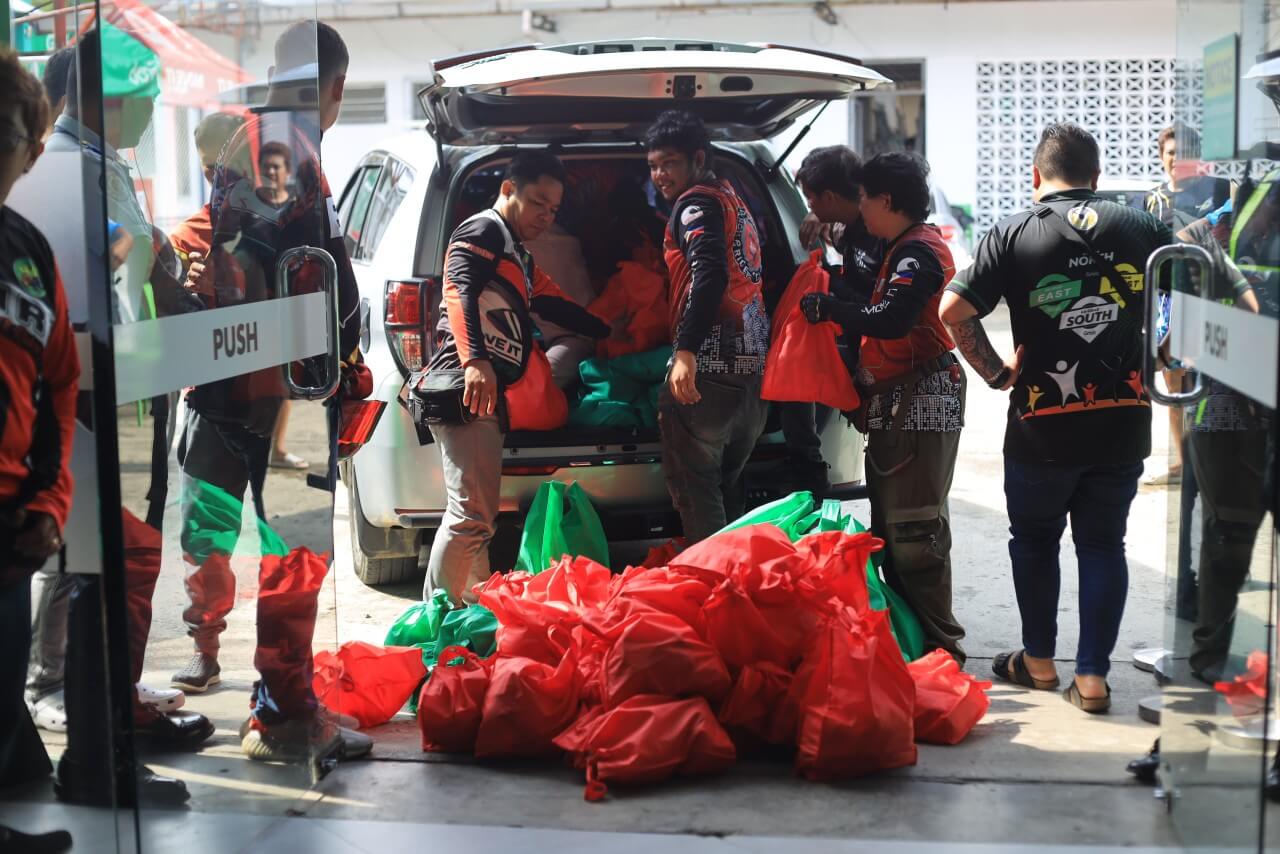

The initiative delivers immediate aid and sustained support to Grab’s ecosystem — including drivers, delivery partners, merchants, and consumers — and is being implemented in coordination with local government units and national agencies.
“Our hearts go out to the communities hardest hit by this week’s inclement weather,” said Ronald Roda, Grab Philippines managing director. “At Grab, we believe our role as a platform goes beyond connecting services — it means showing up when it matters most.”
The comprehensive response includes financial assistance, health support, and coordination with relief agencies, with the goal of helping affected communities recover safely and swiftly.
Support for drivers and delivery-partners
Grab and MOVE IT have activated their GrabCare and MOVE IT Malasakit programs to extend critical aid to driver- and rider-partners affected by flooding and storm-related damage. Key components include:
Calamity assistance: One-time cash grants for drivers and riders whose vehicles were damaged due to flooding.
Medical coverage: Emergency room and hospitalization support for typhoon-related injuries, provided in partnership with Cocolife.
Loan repayment holiday: Temporary suspension of microloan repayments for qualified drivers in Metro Manila, Baguio, and Pampanga.
Grab’s Emergency Response Unit (ERU), a rapid-response team trained for disaster response, remains on standby and is coordinating with emergency services to assist Grab partners and passengers affected by the storm.
Community relief through GrabBayanihan
Grab has also reactivated its GrabBayanihan program, allowing users to redeem GrabRewards points for donation vouchers supporting food relief initiatives by McDonald’s Kindness Kitchen and World Vision. Vouchers worth P20, P50, and P100 are available starting at just 60 points.
This user-driven initiative aims to scale assistance to communities in need, enabling the broader Grab community to contribute directly to ongoing relief efforts.
Ongoing recovery and public-private coordination
Grab is preparing for the second phase of its disaster response, which will include:
Relief operations and cleanup drives in coordination with LGUs
Real-time monitoring of community needs to adapt support strategies
“Our work doesn’t stop with immediate relief,” Roda said. “We’re committed to long-term recovery, resilience, and supporting economic stability for Filipinos impacted by disasters.” —Ed: Corrie S. Narisma